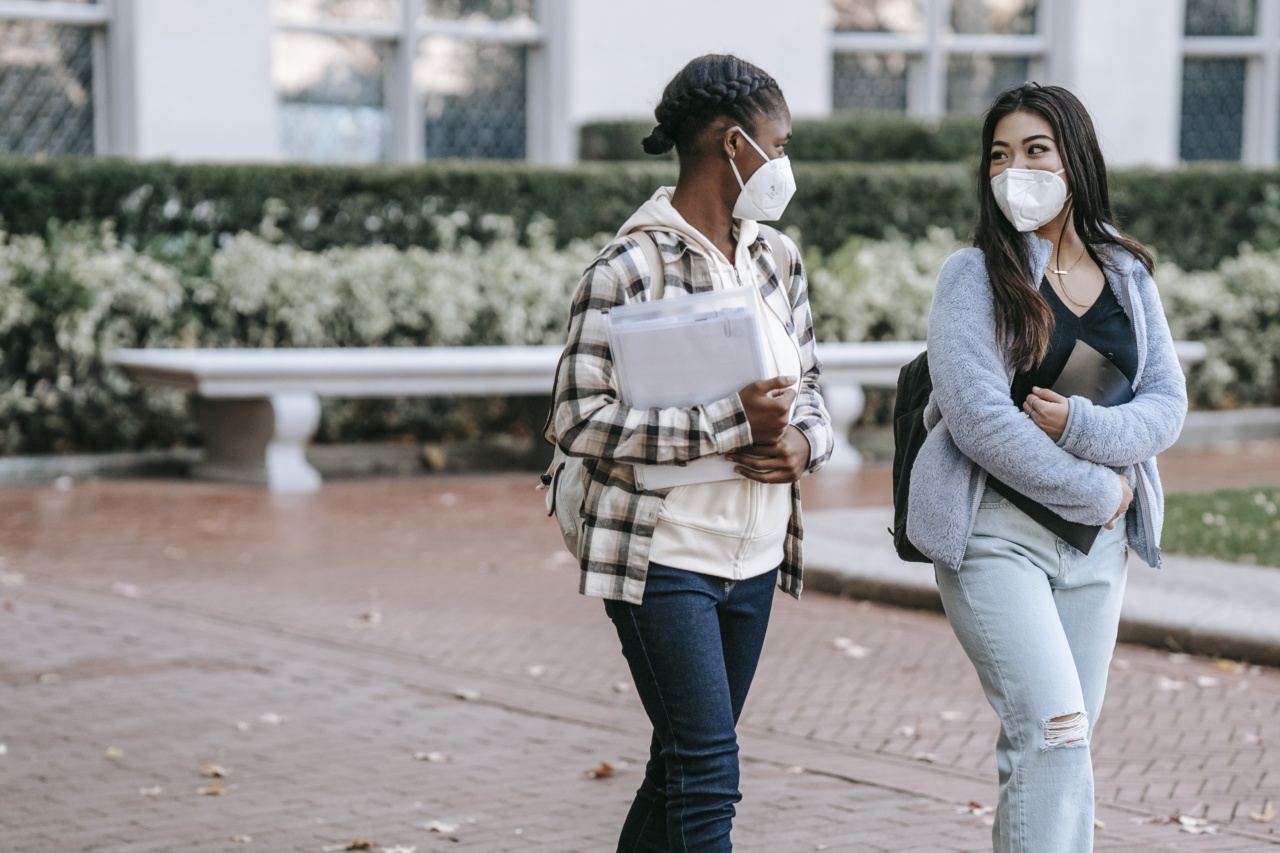Lung cancer is a deadly disease that is often associated with smoking, but it is not limited to smokers. It is the leading cause of cancer deaths globally, accounting for more deaths than breast, colon, and prostate cancers combined.
Lung cancer occurs when abnormal cells in the lungs grow and divide uncontrollably, forming a malignant tumor that may spread to other parts of the body.
However, there are steps you can take to prevent lung cancer, even if you have a genetic predisposition to it. In this article, we will identify risk factors and lifestyle changes that can help in lung cancer prevention.
Identifying Risk Factors for Lung Cancer
There are several risk factors associated with lung cancer, including:.
Smoking
Cigarette smoking is the leading cause of lung cancer, accounting for 85% of all cases. The chemicals present in cigarettes damage the cells in the lungs, causing them to become cancerous.
Within 5-10 years of quitting, the risk of lung cancer decreases by 50%.
Radon Exposure
Radon is a naturally occurring radioactive gas that comes from the soil and rock. Exposure to radon can cause lung cancer. It is the second leading cause of lung cancer, after smoking.
Testing your home for radon levels and taking measures to reduce exposure if necessary, can help prevent lung cancer.
Family History
A family history of lung cancer increases the risk of developing the disease. However, it is essential to note that the presence of lung cancer in your family does not mean you will get it too.
If you have a family history, you should speak to your healthcare provider about screening tests to detect lung cancer early.
Occupational Exposure to Carcinogens
Exposure to chemicals such as asbestos, arsenic, and diesel exhaust increases the risk of lung cancer.
If you work in an environment that exposes you to carcinogens, it is vital to take necessary precautions such as using protective gear to prevent exposure to these chemicals.
Lifestyle Changes That Can Help Prevent Lung Cancer
In addition to identifying risk factors, there are lifestyle changes that can help prevent lung cancer, which includes:.
Avoid Tobacco
The best way to prevent lung cancer is to avoid tobacco in all forms. If you smoke, quitting is the most effective way to reduce your risk of developing lung cancer.
If you’re living with someone who smokes, encourage them to quit or not to smoke around you as second-hand smoking increases the risk of lung cancer.
Eat a Balanced Diet
A diet rich in fruits, vegetables, and whole grains, and low in saturated fats and processed foods can help prevent lung cancer. Studies have shown that a plant-based diet is associated with a lower risk of lung cancer.
Exercise Regularly
Physical activity is essential in reducing the risk of lung cancer. Exercise helps in weight control, and obesity increases the risk of lung cancer. There is also a link between exercise and lower rates of lung cancer.
Reduce Alcohol Intake
Excessive alcohol consumption increases the risk of several cancers, including lung cancer. Reducing alcohol intake or quitting altogether can reduce the risk of developing lung cancer.
Protect Yourself from the Sun
Excessive exposure to the sun’s rays increases the risk of lung cancer and other types of skin cancer. Wearing protective clothing such as long-sleeved shirts, wide-brimmed hats, and sunglasses help protect against the sun’s harmful UV rays.
Conclusion
Preventing lung cancer requires identifying the risk factors and making necessary lifestyle changes.
Avoiding tobacco in all forms, maintaining a healthy diet, regular physical activity, and reducing exposure to carcinogens can significantly decrease the risk of developing lung cancer. If you have a family history of lung cancer or are at high risk due to occupational exposure, screening tests can help detect lung cancer early when treatment options are more effective.




























